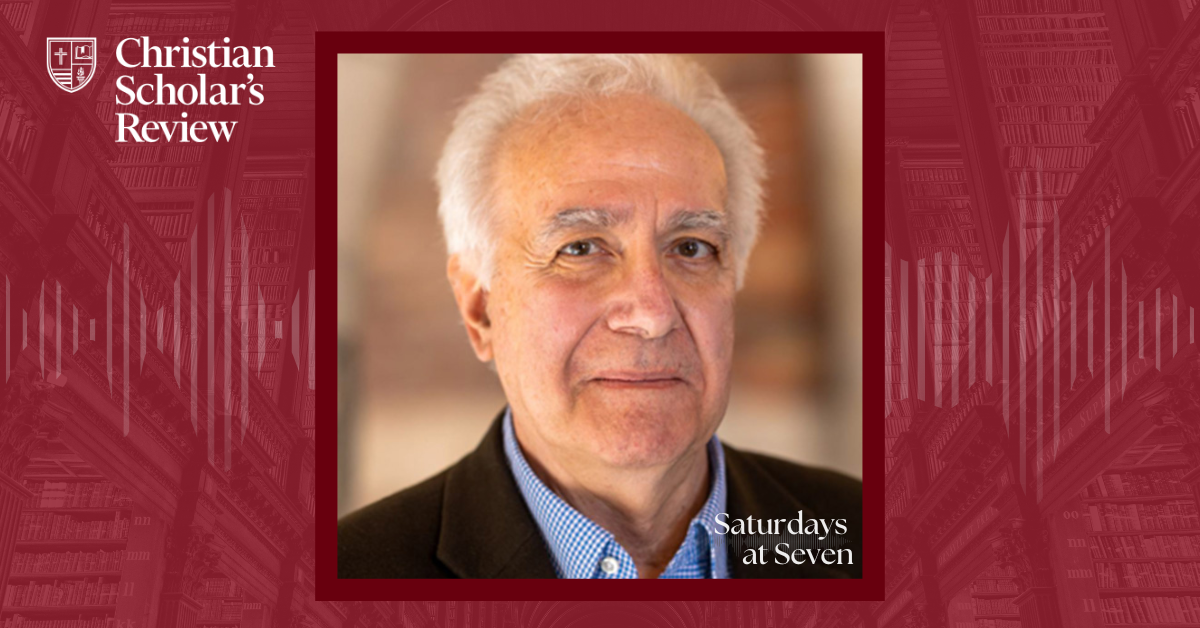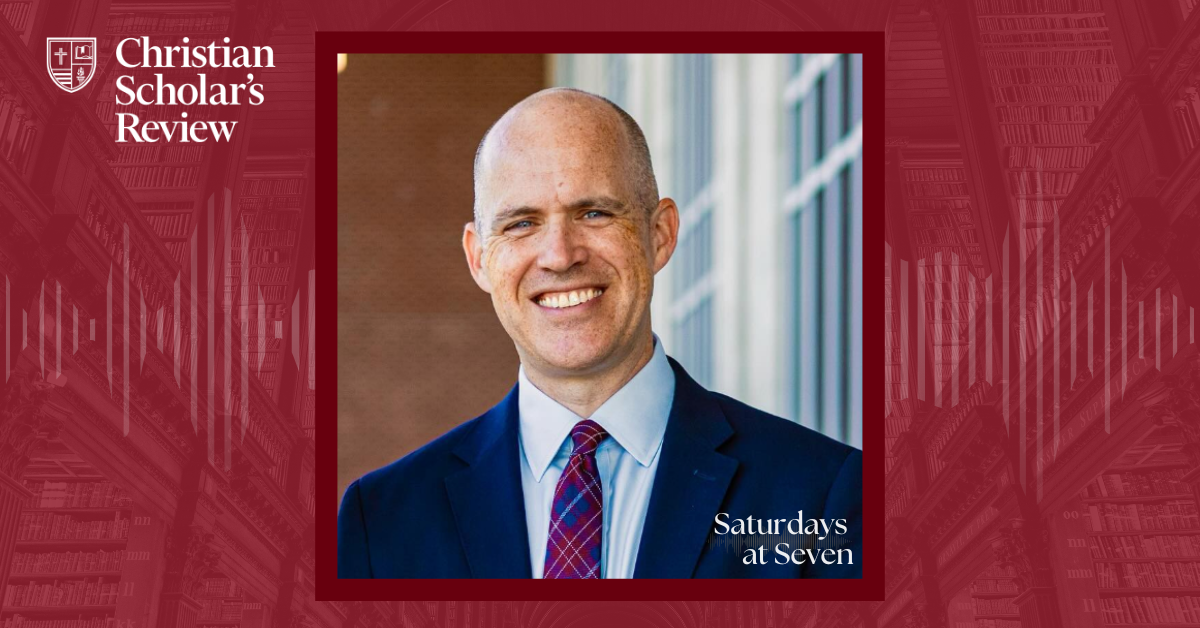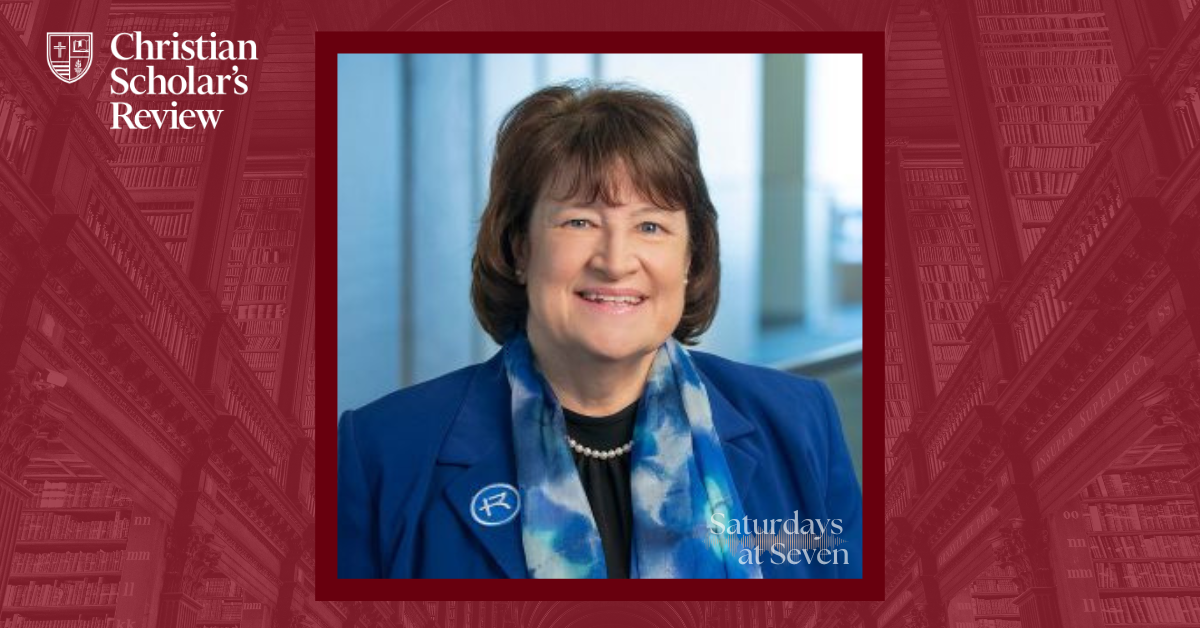
In the third episode of the third season of the “Saturdays at Seven” conversation series, Todd Ream talks with Carlos Eire, the T. Lawrason Riggs Professor of History and Religious Studies at Yale University. Eire begins by recounting how reading Thomas Á Kempis’s The Imitation of Christ transformed his life. As a boy in Havana, Cuba, Eire and his brother were sent ahead of his parents to the United States. When they left, they could take a limited number of clothes and one book. The book which his parents gave him was The Imitation of Christ. At age fourteen, the message of dying unto oneself that Eire found in that book transformed how he came to understand himself and his relationship with the world around him. That process then became the basis for his two-volume memoir, Waiting for Snow in Havana and Learning to Die in Miami. Eire then discusses how the role that transformation played in his discernment over a calling to history and, in particular to Reformation history. His first book was a study of Protestant iconoclasm but, most recently Eire focused on what became of the critically acclaimed They Flew. Drawing upon the wisdom accumulated over the decades he committed to the craft of history, Eire concludes by noting the virtues he finds most critical to cultivate as well as the vices he finds most critical to confront. While humility is the amongst the virtues Eire believes is most fundamental to pursuing truth, pride, not surprisingly, is a vice he cautions often plagues academe.




















